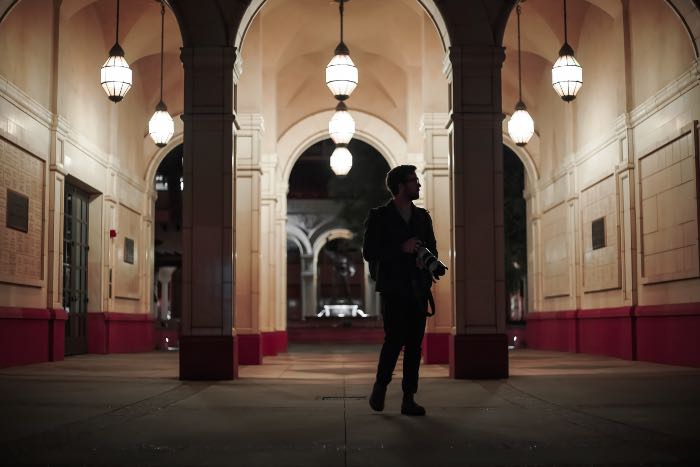
When we find ourselves in new cultural territory, we call it unprecedented. Any decision made in this territory threatens to set a new precedent. Because there may be a next time and this may be a course one can take.
It doesn’t have to be, though. We aren’t locked into anything. It is no more rational to assume it will be than to trust we’ll make a different decision.
It may be unprecedented to charge a former American president with crimes. But so is the act of committing those crimes. As it would be if we let the president get away with it. Every option is unprecedented. Because we’ve never been here before.
Here, then, is the hinge.
Just because we are here now doesn’t mean the same exact decision would occur in any hypothetical future. And certainly not that the current Democratic president should be charged with a crime after he leaves office simply because his predecessor has.
The mixture of politics with precedence implies a false neutrality in the politics. It also leads us to temper certain actions over others. And certain assumptions over others.
We often try to refrain from potential precedents, even when the circumstances themselves are extreme. Or represent the values of one political party over another.
How we relate to precedence is always selective. So is what we select to consider relevant. Just ask the Supreme Court.
A precedent is what we choose it to be
Precedence is important for what it offers: an established pattern to rely upon. But don’t expect it to offer certainty or genuine predictability. Not without the selective pretense that the politics matter more than the facts.
Prosecuting a president for crimes doesn’t open the door to future prosecutions. The door was always open. Which is why this is no more an inciting action than the crimes themselves. And why we feel so torn about it.
What would actually establish a precedent? Choosing to make it one.
